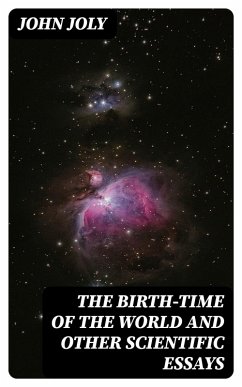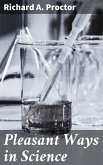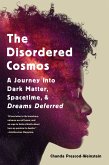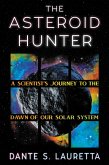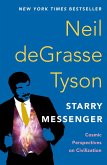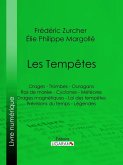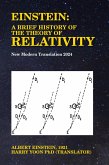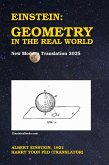In "The Birth-Time of the World and Other Scientific Essays," John Joly presents a compelling exploration of the geological and astronomical sciences, weaving together intricate theories that challenge contemporary scientific paradigms. The essays are characterized by a lucid, engaging prose style that makes complex scientific concepts accessible to a broader audience. Joly's synthesis of empirical data and theoretical speculation invites readers to contemplate profound questions regarding the origins of Earth and life itself, placing his work firmly within the early 20th-century scientific discourse that sought to reconcile biblical accounts with emerging scientific findings. John Joly, a prominent Irish physicist and a pioneering advocate of radiometric dating, drew from his extensive background in both chemistry and geology when crafting these essays. His distinguished career at Trinity College and contributions to the field of radioactivity undoubtedly shaped his perspectives on time, Earth's formation, and the intricate interplay of scientific and philosophical thought. Joly's innovative inquiry reveals his commitment to understanding the universe through rigorous scientific investigation. This collection is essential reading for anyone fascinated by the intersection of science and philosophy. Joly's essays not only provide significant insights into early modern scientific thought but also challenge readers to engage critically with the foundational concepts of geology and cosmology. An indispensable resource for scholars and laypersons alike, "The Birth-Time of the World" encourages a deeper understanding of our planet's past and future.
Dieser Download kann aus rechtlichen Gründen nur mit Rechnungsadresse in A, B, BG, CY, CZ, D, DK, EW, E, FIN, F, GR, H, IRL, I, LT, L, LR, M, NL, PL, P, R, S, SLO, SK ausgeliefert werden.

